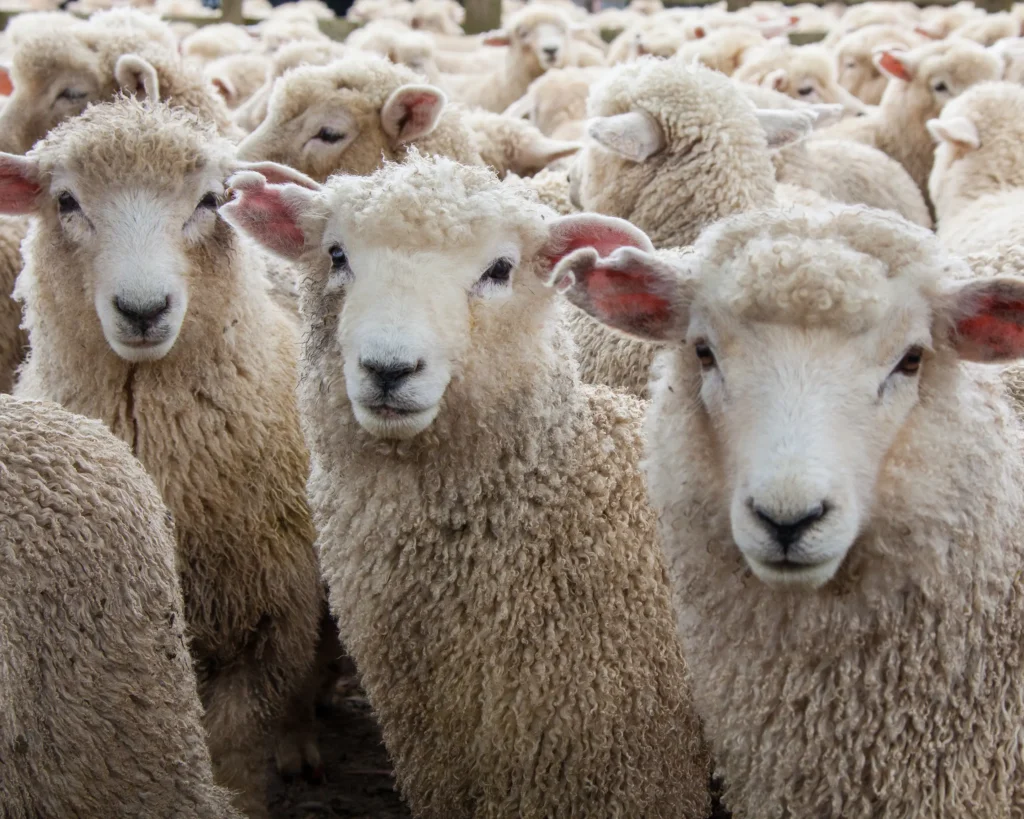Thinking of “Just Trying Something Out” on animals? You still need approval from an Animal Ethics Committee.
How exciting!! You are developing a new supplement, treatment, or gadget that could change the game for animal health or welfare. You are enthusiastic and keen to put it to the test – maybe starting with a small trial involving a few animals at the vet clinic or on the farm.
Here’s the gentle but firm message:
If animals are involved, animal ethics approval needs to be too.
It’s a common question we receive: Does this study require animal ethics approval?
“But it’s just a pilot…”
But whether you’re:
- A vet clinic trying a new pain management protocol,
- A business running a field test on a pasture product,
- Or a company testing a data logger on sheep ears…
If your activity goes beyond normal husbandry or veterinary care and aims to gather data for publication, product development, or promotional claims, it is likely considered as animal research or testing under New Zealand law.
Even “just trying something out” can affect animal welfare.
The role of an animal ethics committee is to assess whether the use of animals is justified, whether animal welfare is protected, and whether the study design meets ethical and scientific standards.

This is where the 3 R’s come in:
When applying for approval, you’ll encounter the 3 Rs, the guiding principles for ethical and humane animal research:
- Replacement – Can you replace animals with something else (like in vitro models)?
- Reduction – Can you use fewer animals while still preserving scientific integrity?
- Refinement – Can you improve procedures to minimise pain or distress?
Thinking through the 3Rs isn’t just good ethics, it often makes for better science too.
What the regulations say
In New Zealand and Australia, the Animal Welfare Act 1999 and Australian Code for the Care and Use of Animals for Scientific Purposes require that any project involving animals for Research, Testing and Teaching (RTT) must be approved by an Animal Ethics Committee (AEC) operating under an approved Code of Ethical Conduct.
This applies to anyone wanting to carry out manipulations on live animals, including universities, companies, private researchers, and even veterinary practices.
In both countries, any manipulation of a live animal for RTT is prohibited unless it has been approved by an AEC. That includes:
- Pilot trials
- Product testing
- Innovative treatments or procedures
- Any data collection that goes beyond standard farm practice or routine veterinary care

